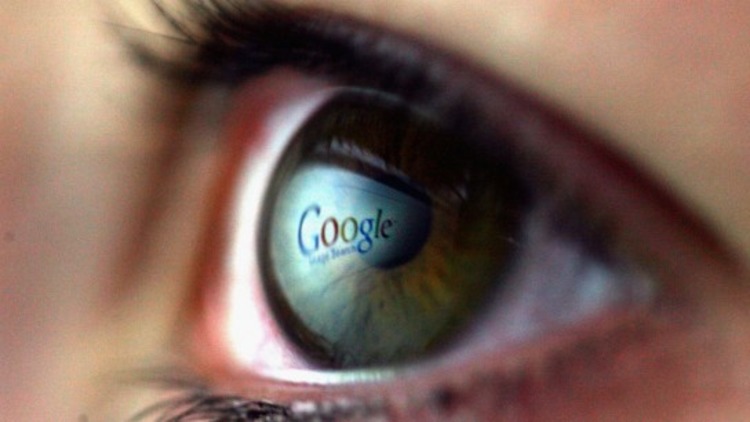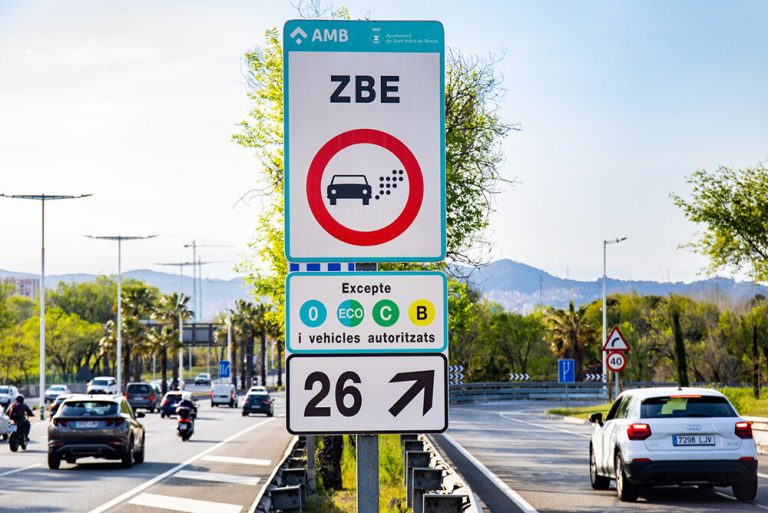The use of blood tests and other forms of invasive procedure to predict heart diseases may as well be tossed away as a thing of the past in the field of healthcare.
Google is again at the forefront of groundbreaking and innovative research that is predicted to revolutionize medical diagnoses involving cardiovascular diseases.
This time the giant tech company and its health-tech subsidiary Verily have developed a new procedure to assess a person’s risk of heart disease by taking scans of the retina.
Experts from Google developed a deep learning algorithm that can predict cardiovascular disease with 70% accuracy from a dataset of 284, 335 patients, which include information about the patients’ eye scans and general medical data.
“Traditionally, medical discoveries are made by observing associations, making hypotheses from them and then designing and running experiments to test the hypotheses. However, with medical images, observing and quantifying associations can often be difficult because of the wide variety of features, patterns, colours, values and shapes that are present in real data. Here, we show that deep learning can extract new knowledge from retinal fundus images,” says a team of Google researchers in an article just recently published in Biomedical Engineering, a Nature journal.
The fundus is the rear interior of the eye full of blood vessels that generally reflects a person’s overall medical condition. By means of the retinal images captured and analyzed using AI algorithm, doctors can infer information about some tell-tale signs associated with person’s heart conditions.
The images enable doctors to make deductions about a patient’s blood pressure, age and whether or not the patient smokes—all of which are important predictors of heart-related ailments.

This potential breakthrough of a non-invasive procedure to predict a patient’s cardiovascular risk makes use of deep learning, which is currently regarded as among the most promising fields of research as the explosion of data in the digital era takes grip in all forms and every region of the world. Its use in practical fields is extensively being explored by giant companies such as Google and Deep Mind.
This big data approach to cardiovascular diagnosis “provided evidence that deep learning may uncover additional signals in retinal images that will allow better cardiovascular stratification” although its full practical medical applications need “avenues for further research into the source of these associations and whether they can be used to better understand and prevent cardiovascular disease.”
With this AI-powered paradigm for medical discoveries, it is hoped that new insights can be generated even without human direction.
Will humanity welcome the idea of AI doctors in the not too distant future?
It’s too soon to reach a conclusion at the moment, but the idea is not to be ignored.
Source: Nature, The Verge, The Week UK
Photo: The Week UK, Google, Verily Sciences






